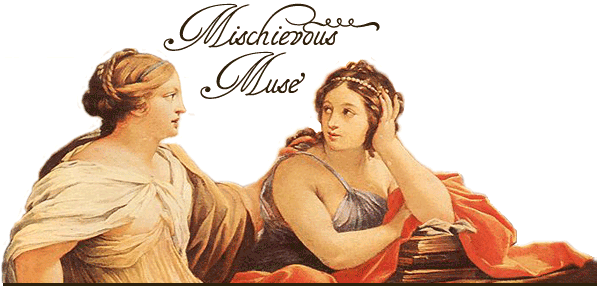Yeats and the Cloths of Heaven
I mentioned some of my poetical influences in a previous post, but the list was by no means exhaustive. One of my old and dear favorites is William Butler Yeats (pron. 'Yates'), whose poetry is filled with celtic lyricism and a keen sense of longing. I spent a few hours rereading my love-scuffed "Collected Poems" last night and thought I would share two of his poems.
He Wishes for the Cloths of HeavenHAD I the heavens’ embroidered cloths,Enwrought with golden and silver light, The blue and the dim and the dark cloths Of night and light and the half light, I would spread the cloths under your feet: But I, being poor, have only my dreams; I have spread my dreams under your feet; Tread softly because you tread on my dreams. W.B. Yeats
The Cap and BellsTHE JESTER walked in the garden:The garden had fallen still; He bade his soul rise upward And stand on her window-sill. It rose in a straight blue garment, When owls began to call: It had grown wise-tongued by thinking Of a quiet and light footfall; But the young queen would not listen; She rose in her pale night gown; She drew in the heavy casement And pushed the latches down. He bade his heart go to her, When the owls called out no more; In a red and quivering garment It sang to her through the door. It had grown sweet-tongued by dreaming, Of a flutter of flower-like hair; But she took up her fan from the table And waved it off on the air. ‘I have cap and bells’ he pondered, ‘I will send them to her and die;’ And when the morning whitened He left them where she went by. She laid them upon her bosom, Under a cloud of her hair, And her red lips sang them a love song: Till stars grew out of the air. She opened her door and her window, And the heart and the soul came through, To her right hand came the red one, To her left hand came the blue. They set up a noise like crickets, A chattering wise and sweet, And her hair was a folded flower And the quiet of love in her feet. W.B. Yeats |







3 Comments:
Ah, Yeats and his ever widening gyre. Always partial to “The Second Coming.” The whole sense of entropy in the beginning stanza particularly pleases me for some reason.
Was always more of Tennyson man, myself. I’m especially quite fond of “The Lady of Shalott.” On some stupid and arrogant level I probably think of myself as the trapped artist forced to view reality through a mirror. Course, I don’t have the guts to leave my loom so I’ll just keep right on weaving, thank you very much.
I posted about it a while ago if you care to read it: http://hyperliterature.blogspot.com/2005/11/late-night-musings.html
Hmmm, that URL didn't post properly did it? I'll break it up:
http://hyperliterature.blogspot.com/
2005/11/late-night-musings.html
Thanks Mark! From a poetical standpoint "The Second Coming" is of course a wonderful example of Yeats as craftsman - I remember my Irish Lit prof, a man who resembled a leprechaun more than anyone I had met before or indeed since, waxing rapturous over the various facets of the poem.
To me, however, while it shows what Yeats can do with an apocalyptic conceit, and how he can out-Blake Blake, it does not reveal to us the fragile, intimate Yeats himself. And while some may scoff and say "ahh there she goes on the lines of 'what porridge hath John Keats'", to me one of the most cherished elements of poetry is the communication of one's private self to a reader.
I have so many Yeats 'loves' - and one that comes to mind right now is the end of "To Ireland, in the Coming Times" in which I've always felt Yeats has spoken directly to me, his reader 'in dim the coming times':
"While still I may, I write for you
The love I lived, the dream I knew.
From our birthday, until we die,
Is but the winking of an eye;
And we, our singing and our love,
What measurer Time has lit above,
And all benighted things that go
About my table to and fro,
Are passing on to where may be,
In truth's consuming ecstasy,
No place for love and dream at all;
For God goes by with white footfall.
I cast my heart into my rhymes,
That you, in the dim coming times,
May know how my heart went with them
After the red-rose-bordered hem."
Post a Comment
<< Home